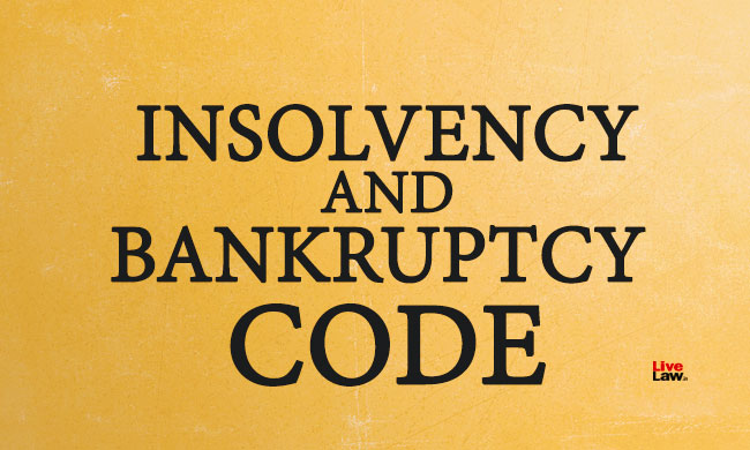Insolvency Law In Review – January 2022
Karan Sangani, Shubhaankar Ray, Soham Chakraborty, Akshata S
31 March 2022 9:40 AM IST

Next Story
31 March 2022 9:40 AM IST
The enactment of the Insolvency and Bankruptcy Code 2016 (Code) has had significant ramifications on the corporate insolvency landscape. Over time, the Code has witnessed a manifold increase in litigation, and consequently in the number of decisions. This has made it difficult for insolvency practitioners to stay updated with developments in the field. This column fills this...
